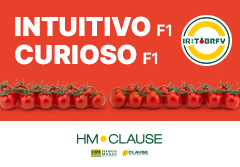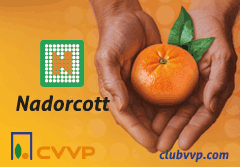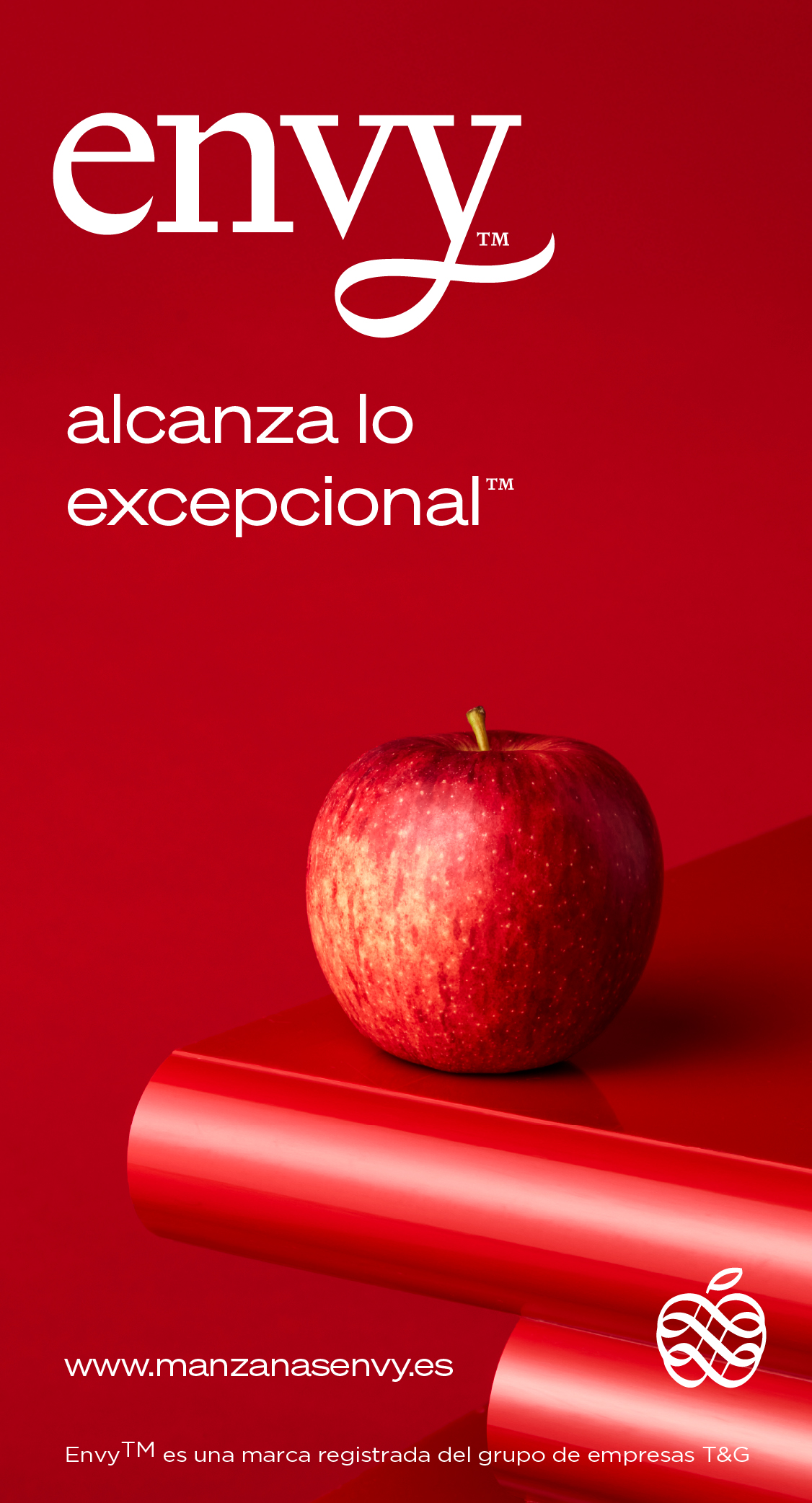Unexport is one of only two companies in the sector that produces watermelons from April to November.
To satisfy the client, not only quality produce has to be offered, but the supply must be guaranteed promptly and over the longest period possible to prevent them from turning to other suppliers. Following this premise, the company from Murcia, Unexport has worked to have watermelons available throughout the Spanish crop cycle, from mid April to November and the added value of the produce being its own production. In order to do this, it has crops in El Ejido, Cuevas de Almanzora, Águilas, Lorca, Alicante and Castilla La Mancha (through some partners).
Within its range, they devote an important amount to ecological production, a segment that is expanding and “with a great future” in which they offer seedless mini watermelons and Cantaloupe melons. “Sales have quadrupled in just two years. They are increasing particularly in Scandinavia, Germany and France, but it is a very specific segment that is limited to seedless mini”, Thomas Andersson, sales manager of the company explains. The high price of this production in its ‘eco’ version (double the price of conventional fruit and up to 40% more expensive than other vegetables), means that consumers opt for the smaller sizes. This year Andersson forecasts marketing 2.5 million kilos of eco watermelons, 70% of which will be mini. And along with the conventional range (which includes Fashion watermelons by one of its partners, seedless white, mini….), the total watermelon volumes will reach 75 million kilos.
At this point in the campaign, stone fruit is added to the above. Flat peaches, apricots, plums, peaches and nectarines form part of its range from the end of April (with the extra-early varieties) to September. And as a differentiating point, they have a line of apricots for industry with which 6 of their partners have cornered 40% of the market. In the fresh line, the plum varieties are being renewed, opting for the darker, redder varieties, which are the most popular for export, whilst the yellow ones are tending to disappear. They are also looking for alternatives with improved post-harvest for flat nectarines that could give fruit in a few years’ time. Peaches are gaining ground in their crops after the drop experienced with the appearance of flat peaches. And its star stone fruit, the nectarine, continues its positive evolution, taking up 35-40% of the volumes in this segment. Amongst all these types, they hope to equal or exceed the figure reached last year, 37 million kilos with a wide offer in formats and packages, from the traditional loose produce to the so-called ‘doughnuts’ of 500 and 750 grams for premium produce.
As a new development, last October the company obtained the IFS Trader certificate, which guarantees meeting the highest quality standards in all its warehouses.
























